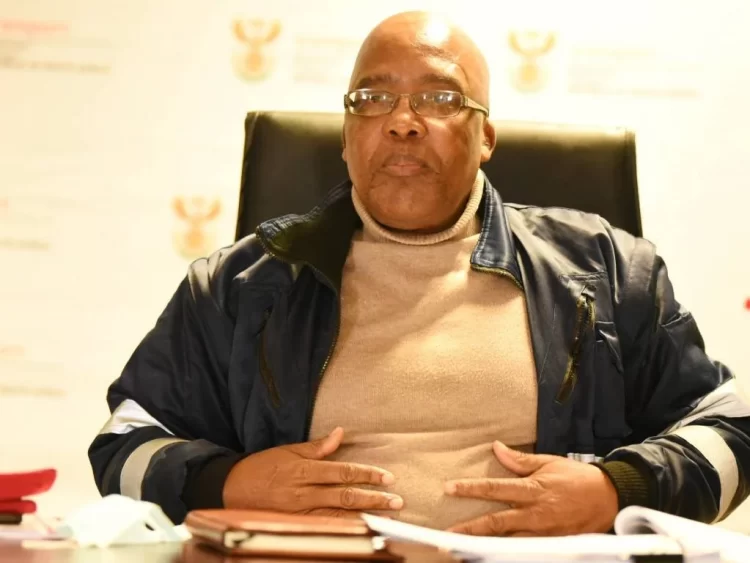South Africa plans to end most special permits for foreigners as it revamps its immigration policies to manage an influx of economic migrants.
The government announced that a special dispensation allowing Zimbabweans to live and work in South Africa will expire at the end of this year, while similar concessions for about 90 000 people from neighbouring Lesotho will expire in 2023 and won’t be extended, Home Affairs Minister Aaron Motsoaledi said. Permits for Angolan residents were terminated in August 2021.
“We are not targeting” any particular nationality, Motsoaledi, 64, said in an interview in Bloomberg’s Johannesburg office. Many “economic migrants” abused the nation’s asylum provisions by falsifying reasons for leaving their countries, he said, adding that implementing sovereign laws wasn’t xenophobic.
South Africa has been a magnet for people seeking better economic opportunities from across the continent, particularly from the Southern African Development Community countries. Arrivals ballooned in 2008 as the global financial crisis combined with an economic collapse in Zimbabwe triggered mass migration, the minister said.
That year as many as 227 000 people from Zimbabwe moved to its southern neighbour, according to Motsoaledi, a medical doctor by profession. Many were given permits, which were extended until 2021.
South Africa is grappling with a 33.9% unemployment rate – the highest on a list of 82 nations monitored by Bloomberg — and its economy is stuck in its longest downward cycle since World War II. The country of about 60.6 million people is home to almost 4 million migrants, according to government data.
The presence of foreigners in South Africa has sparked resentment among some locals, who see them as competitors for scarce jobs, health care and housing, and the country has been wracked by intermittent xenophobic violence.
A video circulating on social media this week showed Phophi Ramathuba, the head of the health department in Limpopo province, which borders Zimbabwe, reprimanding a Zimbabwean patient for seeking treatment in South African. Residents from the neighbouring country put a “huge strain” on Limpopo’s medical facilities, she said on the clip.
Divisive
“Nobody will be denied medical service,” Ramathuba, a member of the ruling African National Congress, later told News24, while reiterating that she stood by her comments. The South African Medical Association said it “deplores the manner” Ramathuba chose to address the challenges facing the health care system.
Public hospitals and clinics are struggling to meet the needs of citizens “and reduce backlogs due to unpredictably high number of undocumented migrants” seeking care in the country,” South Africa’s Department of Health said in a statement, responding to the Ramathuba’s comments.
As South Africa heads into the 2024 general elections, the presence of foreign nationals in the country has become a divisive point, with some parties positioning their electoral propositions around reducing their numbers.
At a recent ANC policy conference. it was proposed that South Africa withdraw from the 1951 United Nations convention on refugees. The convention constrained the government’s ability to deal with the migration crisis and “a new instrument,” needs be adopted, the party said.
Meanwhile, the end of the Zimbabwean exemption permit has spurred legal action against the government challenging its constitutionality. About 178,000 citizens who were issued the permits have until December 31 to apply for a regular visa or leave South Africa.
So far, 6 000 Zimbabwean Exemption Permit holders have asked the Department of Home Affairs not to terminate their documents, according to the Daily Maverick.
– With assistance from Amogelang Mbatha.










